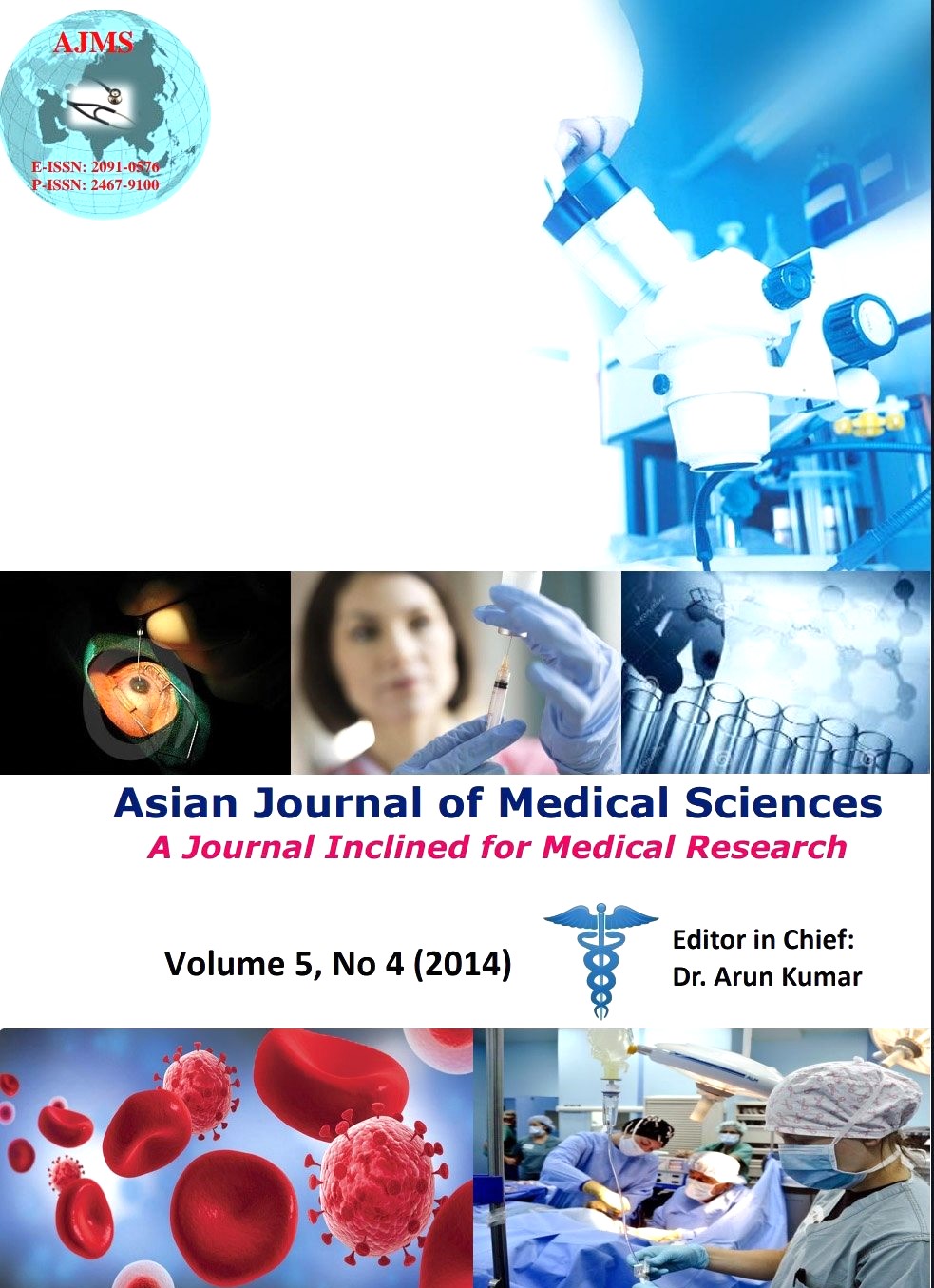Impact of educational stress on cortisol, cardiac autonomic drive and academic performance of medical students
Keywords:
Heart Rate Variability, Cortisol, Academic Stress, Academic Performance, StudentsAbstract
Objectives: To assess stressors, heart-rate variability (HRV) and cortisol level in first year medical students (n-85), thrice in a year (beginning vs. mid-year vs. end-year). And we examined the association of these variables with their academic performance.
Methods: Stressors were measured by medical student stressor questionnaire (MSSQ). HRV was assessed in eye-closed awake resting state for 5-min by Polar S810i. The salivary cortisol was assayed by ELISA method. Data were compared by Wilcoxon-Sign Rank test. Spearman correlation was applied between measured variables. Data are expressed as median (quartile 1-quartile 3), and significance was set at p≤0.05.
Results: On MSSQ, students perceived mild to moderate degree of stress. About 8.24% and 11.8% of students perceived severe degree of stress in academic and inter-intrapersonal related stressors, respectively. Degree of stress in the beginning of the study was significantly high as compared to other visits. It was positively correlated with decreased HRV (decreased vagal activity and increased sympatho-excitation), high cortisol but with better academic performance in the beginning of the study. Cortisol (ng/ml) was significantly high in the beginning as compared to other visits [6.33 (5.05-7.43) vs. 1.33 (1.32-1.37) vs. 5.94 (5.1-6.6)]. The HRV measures showed mirror image of the cortisol among the visits.
Conclusion: Stress level is mild to moderate degree in first year medical students which decreased as the year ended. Biochemical markers of stress, cortisol and HRV have similar trend.
DOI: http://dx.doi.org/10.3126/ajms.v5i4.9843
Asian Journal of Medical Sciences 2014 Vol.5(4); 73-78
Downloads
Downloads
Published
How to Cite
Issue
Section
License
Authors who publish with this journal agree to the following terms:
- The journal holds copyright and publishes the work under a Creative Commons CC-BY-NC license that permits use, distribution and reprduction in any medium, provided the original work is properly cited and is not used for commercial purposes. The journal should be recognised as the original publisher of this work.
- Authors are able to enter into separate, additional contractual arrangements for the non-exclusive distribution of the journal's published version of the work (e.g., post it to an institutional repository or publish it in a book), with an acknowledgement of its initial publication in this journal.
- Authors are permitted and encouraged to post their work online (e.g., in institutional repositories or on their website) prior to and during the submission process, as it can lead to productive exchanges, as well as earlier and greater citation of published work (See The Effect of Open Access).




